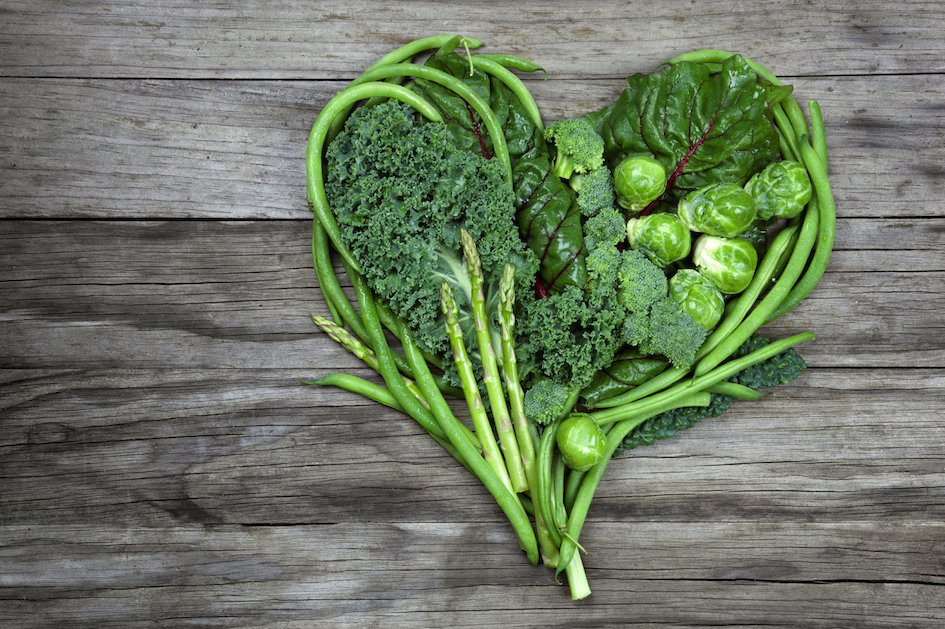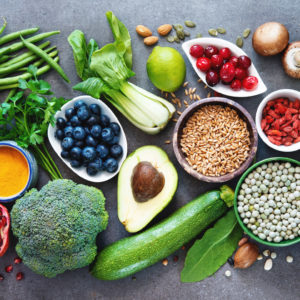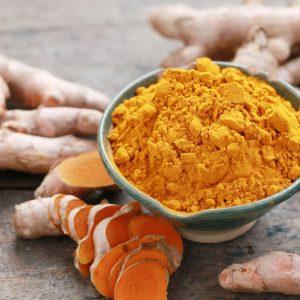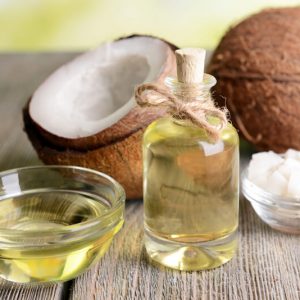When we eat food, we often go for flavour and texture, but what about nutrient density? There are heaps of nutrient dense plant foods available, and it is a good idea to choose these foods over other, less nutrient dense foods like pasta and bread products, dairy, and processed foods that are either canned, bagged, or frozen.
When a food is considered nutrient dense, that means that it will satisfy parts of your brain that trigger hunger signals. When we have satisfied our nutrient requirements, we will not overeat, because the body is intelligent and knows that when it receives certain vitamins and minerals, that it no longer needs said nutrients and we become full and satisfied.
However, when we consume foods that are “nutrient-less,” meaning, having little or no vitamin or mineral content, then we can continually eat without ever being satisfied. These foods include things that are over-processed like store-bought bread and pasta products, canned goods, and boxed or frozen pre-made “meals.”
With that in mind, it would be a good idea to start piling these 10 nutrient dense plant foods on your plate as soon as you get the chance!
Top 10 Most Nutrient Dense Foods On The Planet
KALE
Kale is actually considered one of the most healthiest superfoods on the planet! It is high in vitamins A, C, & K, and contains more iron than beef, more calcium than milk, and 10 times more vitamin C than spinach! It also contains a healthy amount of potassium, folic acid lutein, carotenoids and antioxidants.
CABBAGE
This staple food is highly nutrient dense. It contains plenty of calcium, vitamin K and C, as well as a handful of beneficial antioxidants that act as anti-inflammatories to reduce aches and pains, and powerful scavengers of free radicals to help slow cancerous growths.
WILD BLUEBERRIES
Wild, organic blueberries (much different than conventional, non-organic blueberries you buy at your local grocer) are one of the best foods you could be putting in your body! They are high in anthocyanins, a powerful immune-boosting antioxidant, anti-ager and DNA protector. Pretty much any local, organic berry will provide similar benefits – also look for raspberries, blackberries, mulberries, acai, goji and camu camu berries!
HEMP SEEDS
Hemp is an incredible superfood – it contains a beautiful mixture of protein, fibre, essential fatty acids, antioxidants, amino acids, vitamins AND minerals. Basically everything you need to be happy and healthy. Best of all, hemp has no known allergens, and it does not contain enzyme inhibitors or phytates (unlike soy), so the nutrients in hemp are readily absorbed by the body!
CHIA SEEDS
If you haven’t included chia seeds on your list of foods to eat, then you should probably re-consider! Chia seeds contain 64% more potassium than a banana, 6 times more calcium than milk, 100% more omega-3 fatty acids than salmon, double the antioxidants found in blueberries, 41% of your daily fibre, 6 times more iron than spinach and 32% of your daily magnesium!
BEET GREENS
When you purchase beets, you may just end up throwing out the tops, but what if I told you that you are actually throwing out the most nutrient-dense part of the plant! Beet greens are an incredible source of calcium and magnesium, as well as the carotenoids lutein and beta-carotene (which play an important role in eye health, especially in health of the retina).
BOK CHOY
I became obsessed with bok choy the first time I bit into a leaf at a friends house. I don’t go a day without eating bok choy (I particularly love adding it chopped up in my salads!). This cruciferous vegetable contains plenty of calcium, folate and vitamins A, C and K. There are over 28 different polyphenols (antioxidant phytochemicals) in this beautiful plant, the most abundant being kaempferol, a molecule with powerful anti-cancer properties.
MUSTARD GREENS
This spicy green is a great detox aid, and should without a doubt be include in your daily regime. Mustard greens provide nutrient support for the three body systems that are closely connected with cancer development and cancer prevention. Namely, our detox system, antioxidant system and inflammatory/anti-inflammatory systems are all supported by this incredible leafy green, which helps prevent imbalances that often trigger an increased risk in cancer development.
WATERCRESS
Watercress ranks as one of the most nutrient-dense plant foods. Watercress not only helps to reduce DNA damage caused by free radicals, and help prevent DNA damage to blood cells, but it also contains crucial phytonutrients like isothiocyanates and gluconasturtiin. These two phytonutrients help reduce neuronal damage, strengthen our bones, prevent iron deficiencies and ensure healthy connective tissue.
BROCCOLI
Although you may not like the concept of eating broccoli, it remains as one of the healthiest plant foods out there! It contains plenty of Vitamins C, A, and K, and is loaded with minerals like potassium, iron, magnesium, calcium and folate. This heart vegetable not only fights cancer (especially broccoli sprouts and their high sulforophane content), but it keeps the heart healthy, regulates high blood pressure, and strengthens our bones and teeth!









Thanks for so much information.Please keep me informed on all new discoveries.
I would have thought Fat Hen (chenopodium albun) and nettles. Maybe Good King Henry as well… Lupins at a pinch?
INTERESTING Reading, thank you!
I look forward to reading more!